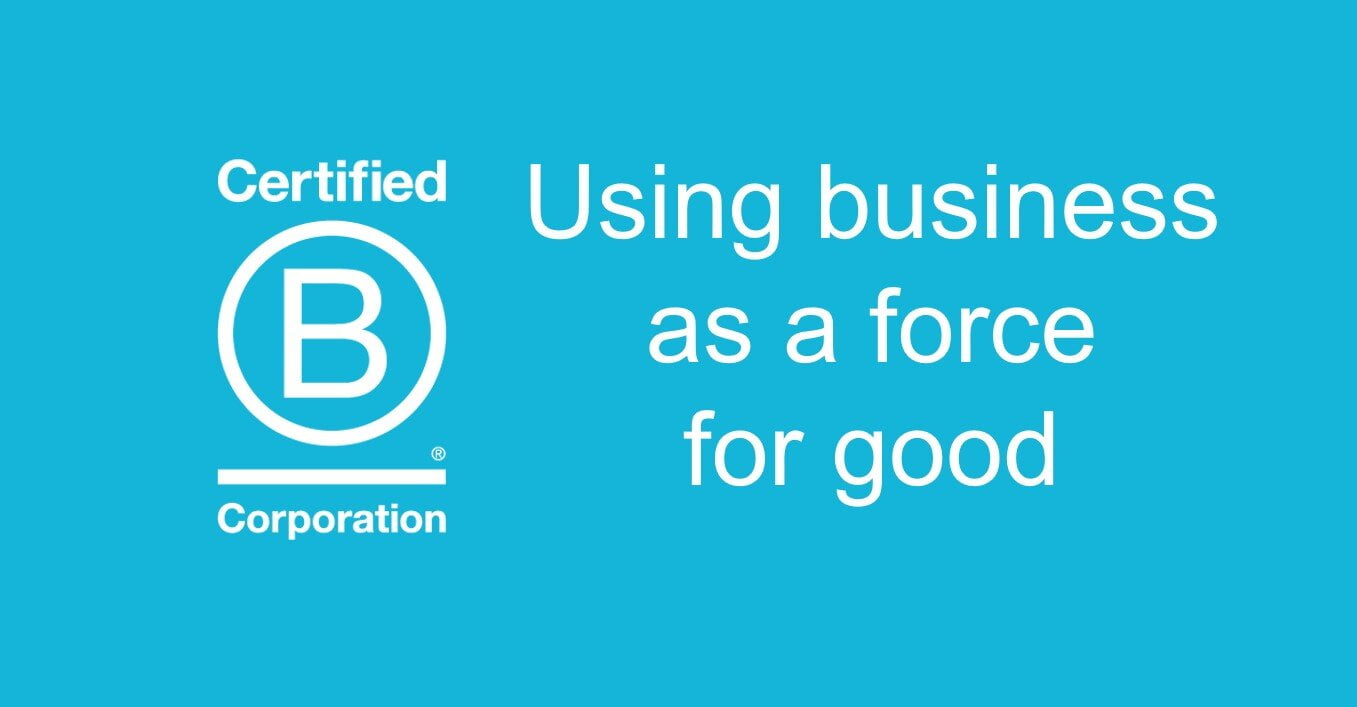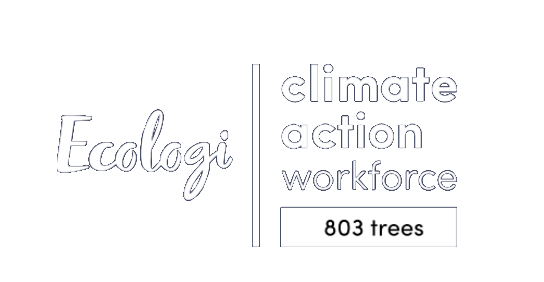A lot of SME businesses, though, are simply so busy trying to survive in these strange times that they don’t give their social and ecological impact much thought… but what if embracing sustainability is a secret weapon that can open doors to more revenue and prosperity? As well as help close some of the doors that are leaking cash?
Why else should a business like yours make the transition to a more sustainable model? Well, apart from heading off an epoch-defining, existential crisis and ensuring we have a planet we can actually live on a few decades from now, there’s these reasons…
1. BRAND LOYALTY
More consumers are choosing ethical products and services.
A YouGov survey found that 73% of UK consumers want to be more sustainable in 2021 while millennials (80%) are almost twice as likely as Baby Boomers (48%) to pay more for products that have social responsibility claims (Nielsen).
2. LEGISLATION PROOFING
Governments are picking up the pace on mandating sustainable business through new laws, taxes, subsidies, regulations on emissions, waste, and more… buckle up because it’s just the start. To date, 195 countries have signed up to the legally binding 2015 Paris Agreement and committed to reducing greenhouse gas emissions to net-zero by 2050.
A number of countries and regions, including the UK, Denmark, France, New Zealand, Norway and Sweden, have already started introducing legislation to limit climate change and reach net-zero emissions; for example, the UK’s Climate Change Act and the proposed European Climate Law.
As well, a new UK Environment Bill is now being debated in parliament. Ministers have promised to ‘deliver the most ambitious environmental programme of any country on earth’. The Bill is expected to be released in line with COP26 in Glasgow in November 2021.
3. RECRUITMENT AND RETENTION
According to a LinkedIn study, the search for ‘green’ jobs has tripled while 75% of millennials say they would take a smaller salary to work for a sustainable company (G&A Institute survey).
Studies show that the top talent prefer to work for businesses with a sustainable strategy. As well, existing staff are engaged and retained longer in companies that value people, planet and profit in their strategy.
Companies that can attract and retain quality talents experience high spikes in productivity. Research carried out by Mckinsey & Company explained that quality employees are 400 per cent more productive than average employees.
4. COST SAVINGS
When a business takes the time to examine its operations and its supply chain for potential energy efficiencies, partnership opportunities, waste reduction options, and innovations, it’s possible to save a lot of money and reduce dependency on natural resources.
For example, from 1996 to 2013, flooring company Interface saved $450 million by reducing the manufacturing waste it sent to landfill by 84%. About 49% of all its raw materials are now either recycled or bio-based, including 36% of yarn and 51% of carpet backing.
While IBM reduced its energy bill by $1.35 million in one year from energy conservation initiatives.
5. COMPETITIVE EDGE
Businesses leading the way on sustainability are edging ahead of their industry competitors.
In the four years to 2020, firms leading action on climate change financially outperformed the global benchmark by six per cent.
The ‘eco hero’ brands like Patagonia and Unilever claim that sustainability has made their entire business more sustainable (and resilient) over the long term. As for Unilever, its groundbreaking Sustainability Living Plan – Ten Years On has revealed that brands in their Sustainable Living group grew 69% faster in 2018 than the rest of the business.
6. ACCESS TO CAPITAL
Increasingly, financiers, bankers and investors won’t work with companies that don’t have a sustainable strategy.
As a small example of this, a recent episode of the TV show Dragon’s Den saw multi-millionaire dragon Deb Meaden say ‘no’ to a hopeful fashion brand solely due to its lack of sustainability.
Just ask Larry Fink, CEO of BlackRock, the world’s biggest asset manager. In his 2021 annual letter to CEOs, Fink wrote, “there is no company whose business model won’t be profoundly affected by the transition to a net-zero economy”.
IN SUMMARY
The writing is on the wall. ‘Business as usual’ is over. Businesses can choose to get on board as soon as possible and manage a smoother transition while leveraging the opportunities on offer. Or they can risk business whiplash when the world slams the brakes on fossil fuels.
Don’t know where to start? The tried and tested approach we recommend here at Business On Purpose is undertaking a B Corp assessment, which is the gold standard of environmental and social certification.
The B Impact Assessment (BIA) is a free and confidential tool that allows companies to set social and environmental goals. As well, the feedback gained from this assessment can be used to chart out improvements that help you build a better, stronger, fitter business.
If you’re interested in exploring B Corp assessment or certification, we have helped over 400 companies and offer several service options that guide you through this process. To find out more, go to https://businessonpurpose.uk/bcorp or drop an email to: andy@businessonpurpose.uk







